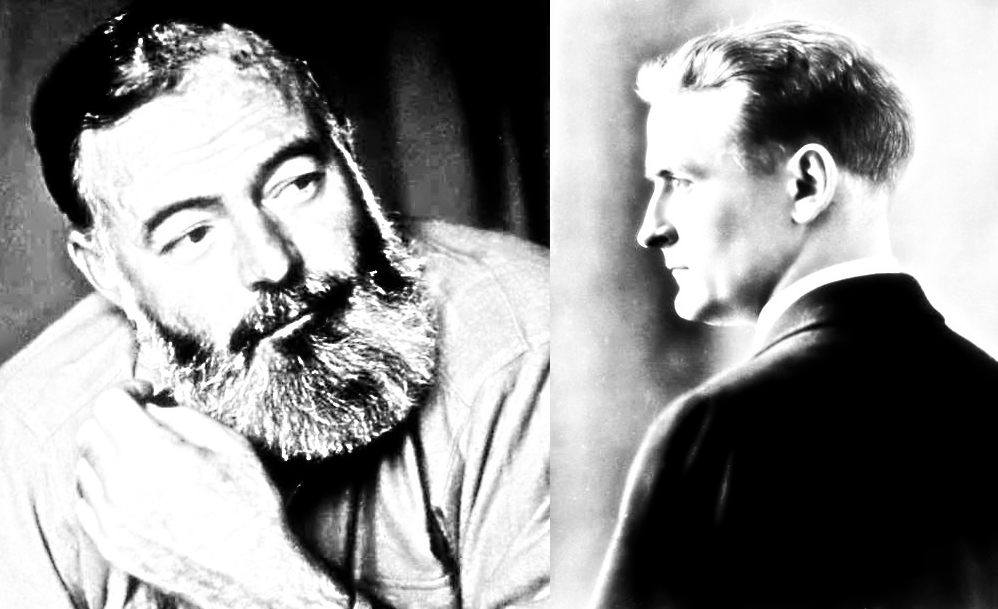We must understand the fundamentals of English grammar if we want to craft good sentences. We also have to know what things in life (and language) are perceptible and which things are more like ideas that can be interpreted by an individual.
This is the difference between a concrete and an abstract noun.
Concrete Nouns
Nouns constitute people, places, and things, and they are often defined in terms of whether there is something to see or touch. Houses, blankets, and cars are these types of nouns because they are concrete, so we can see and touch them (or taste them, hear them, smell them).
Any and all nouns that we acknowledge with our senses are qualified as concrete nouns.
Examples include:
- Teacher
- Bike
- House
- Stars
- House
Abstract Nouns
Abstract nouns, meanwhile, are the opposite of concrete nouns in that they are more like ideas than real things we can hold in our hands.
Drive, spirit, and ambition are all abstract nouns because while they are things, they are intellectual things that we have to quantify through vague or arbitrary definitions, which means we cannot use our senses to engage with them. Rather, we think about them and define them with our minds.
Examples include:
- Courage
- Loyalty
- Friendship
- Fear
- Peace
Takeaway
Defining these two types of nouns helps us understand our language and the parts of speech a little better. Understanding if something is concrete or abstract helps us understand how we interact with it in life, and that helps us identify varying characteristics associated with the particular noun (and what modifiers and descriptors we will or won’t use).








Leave a Reply